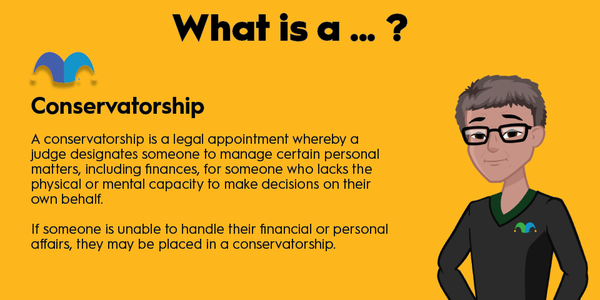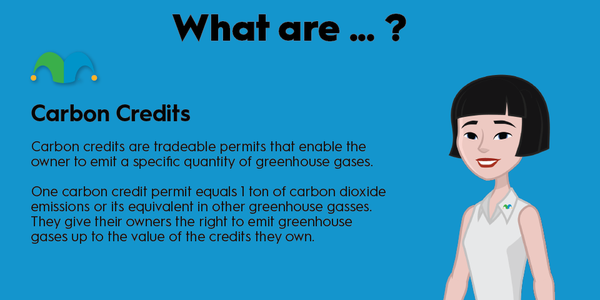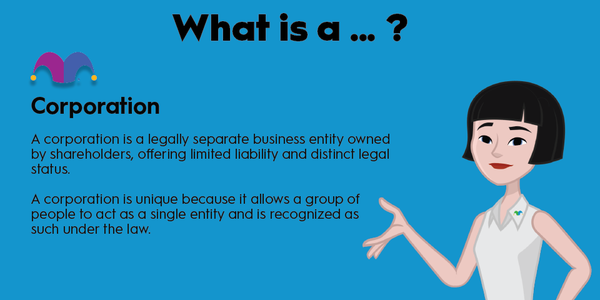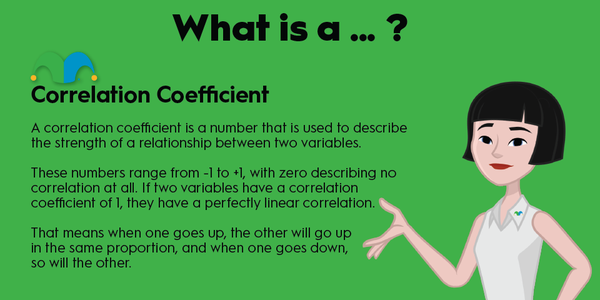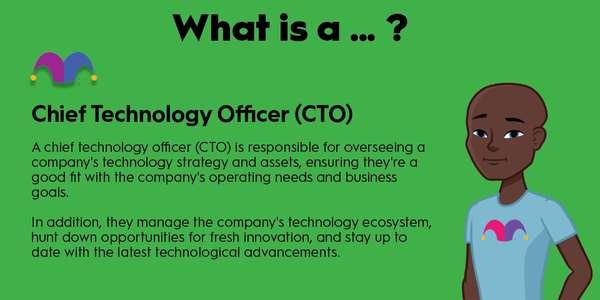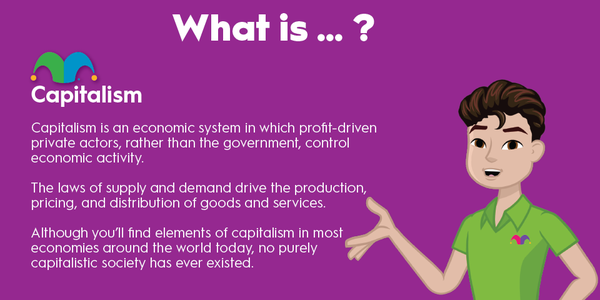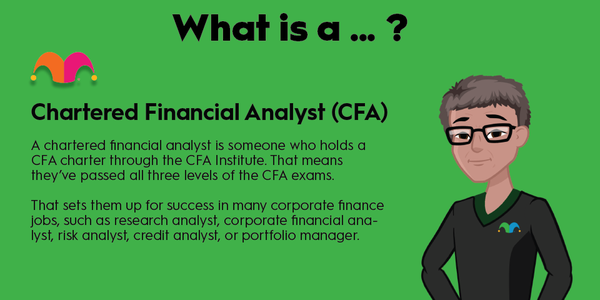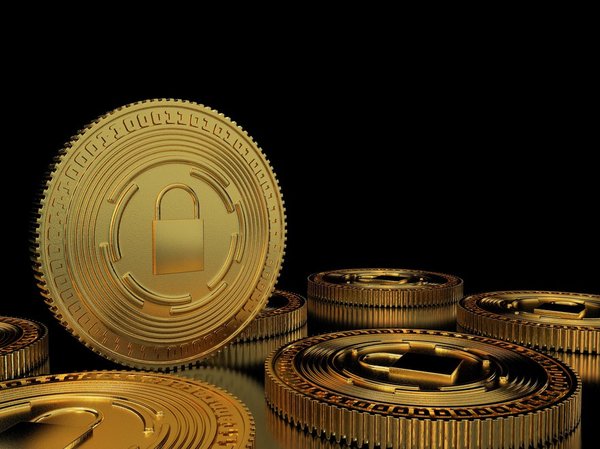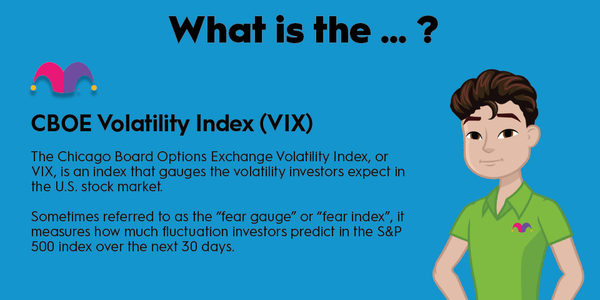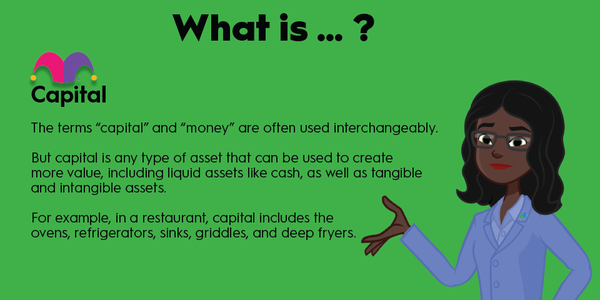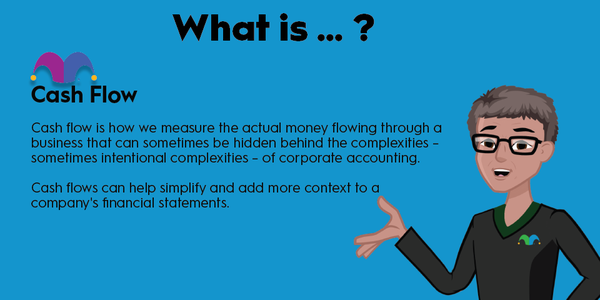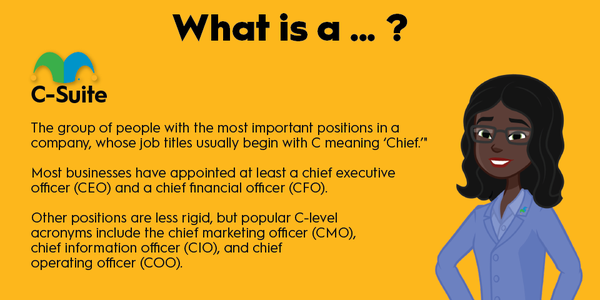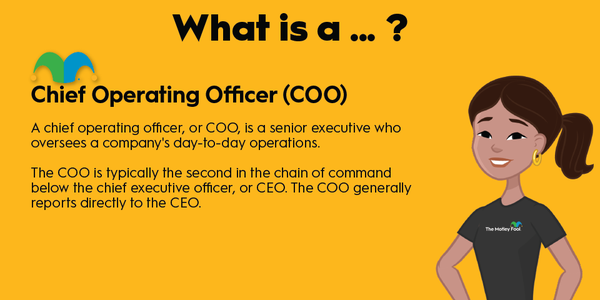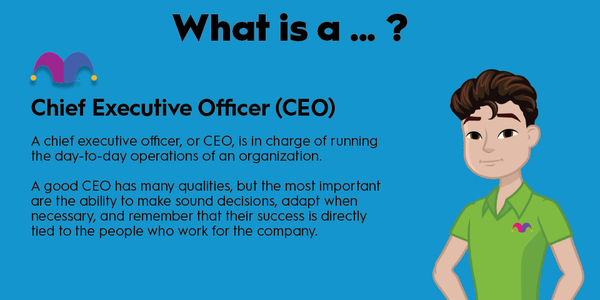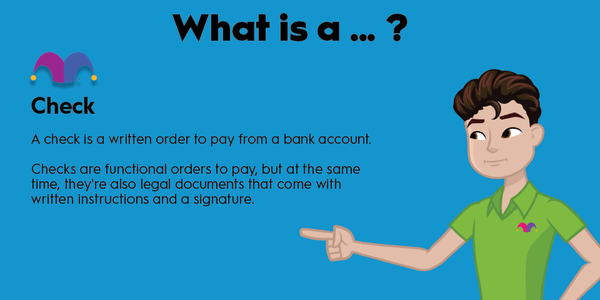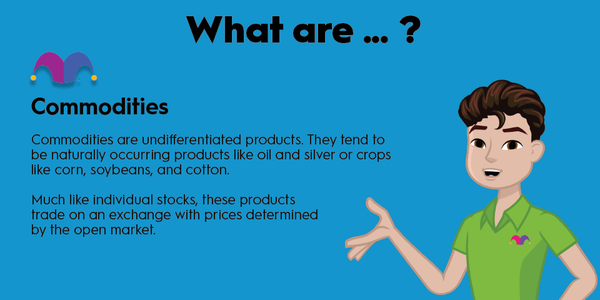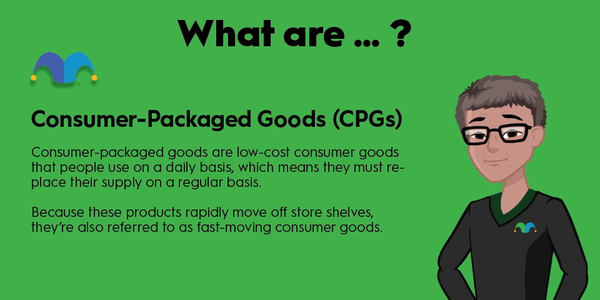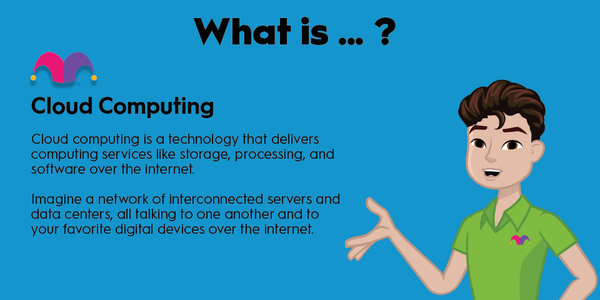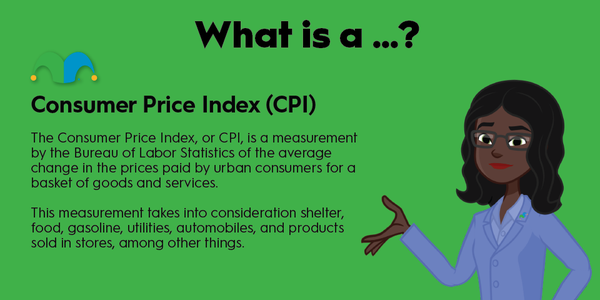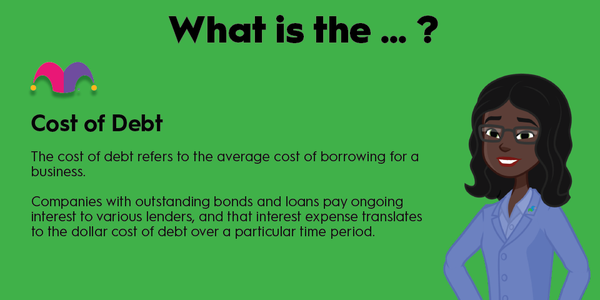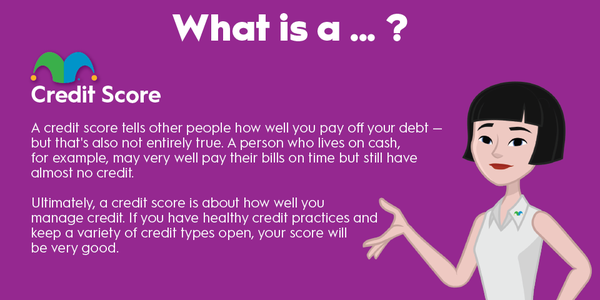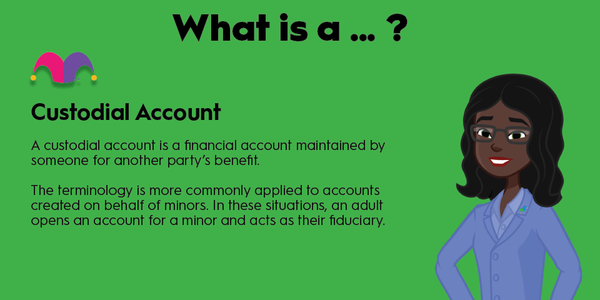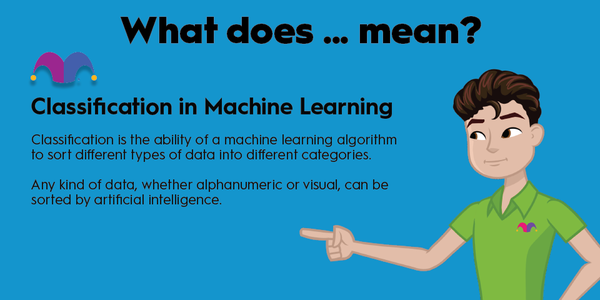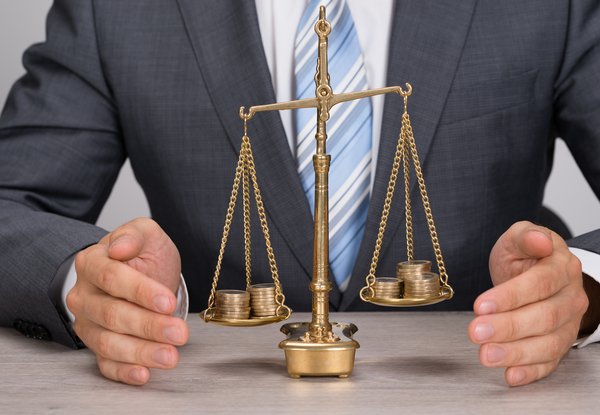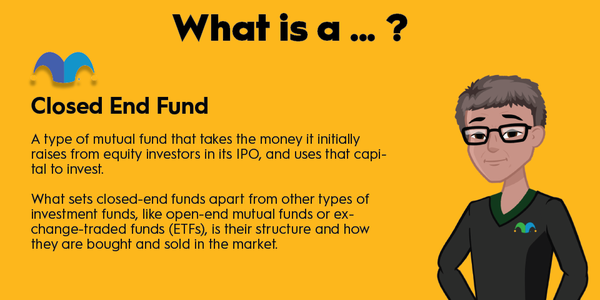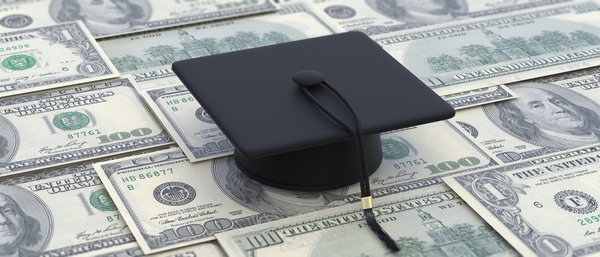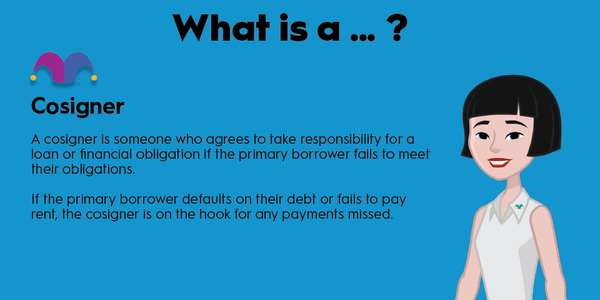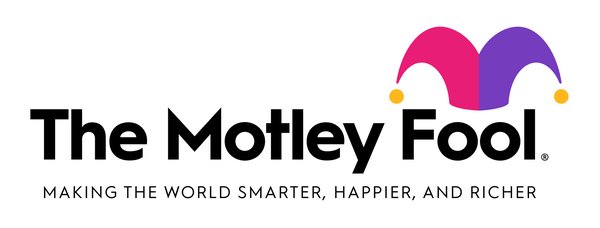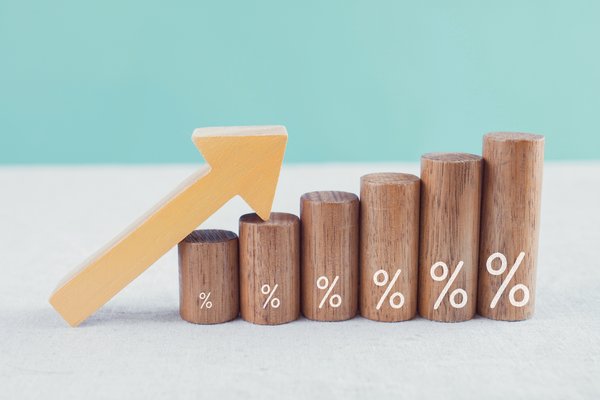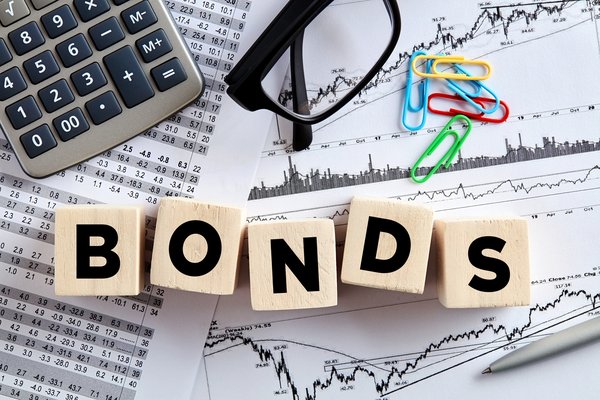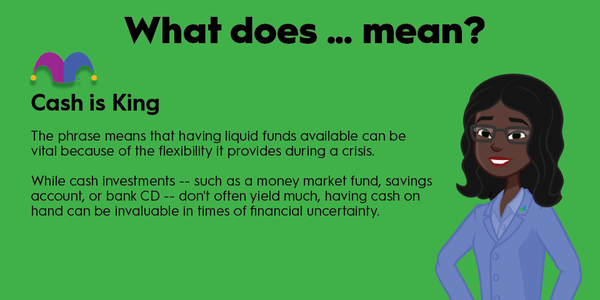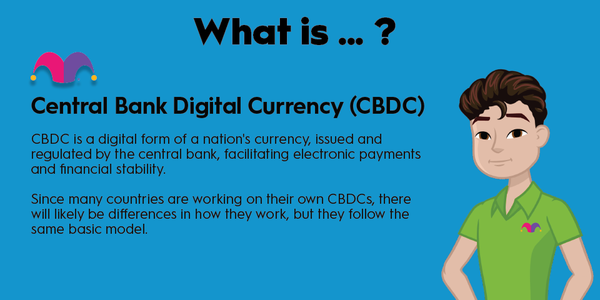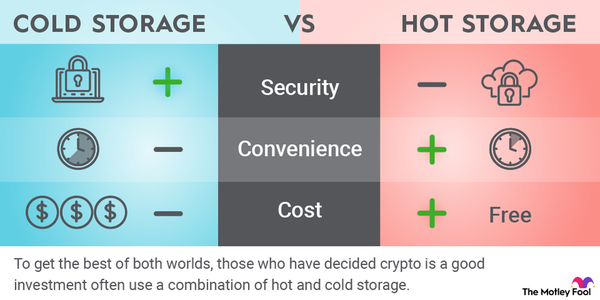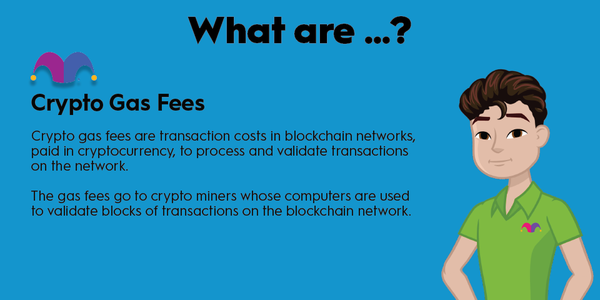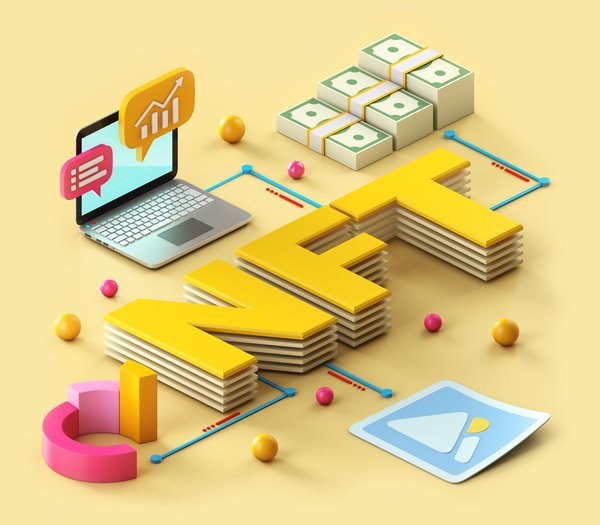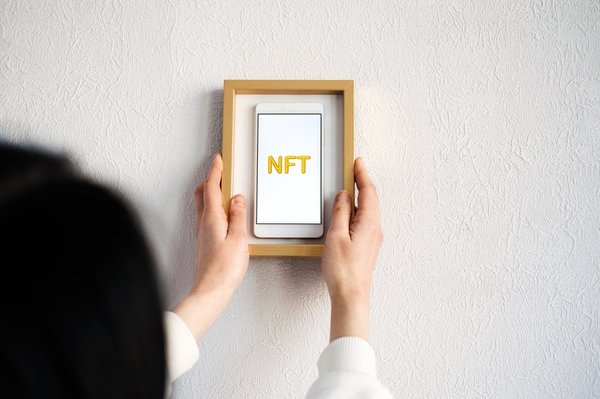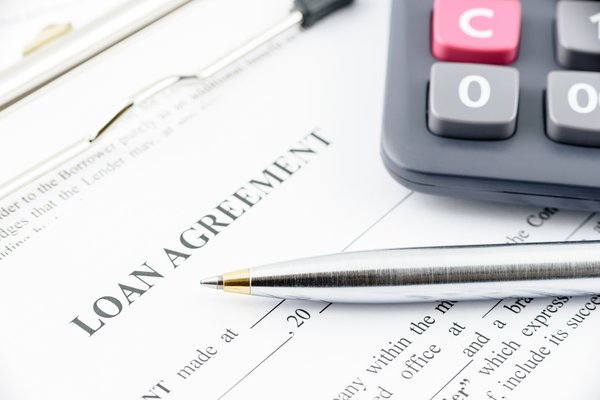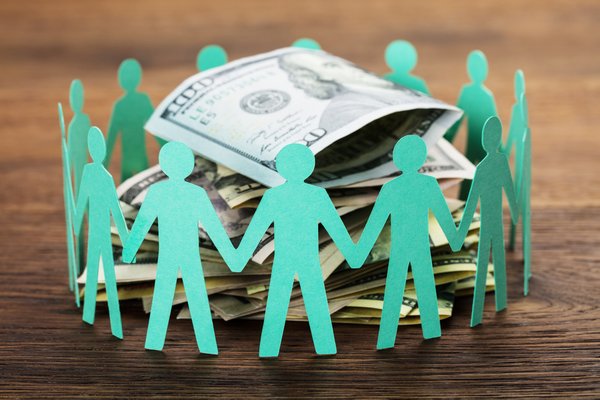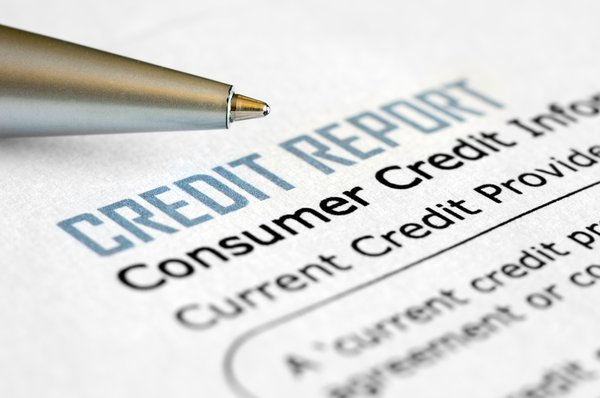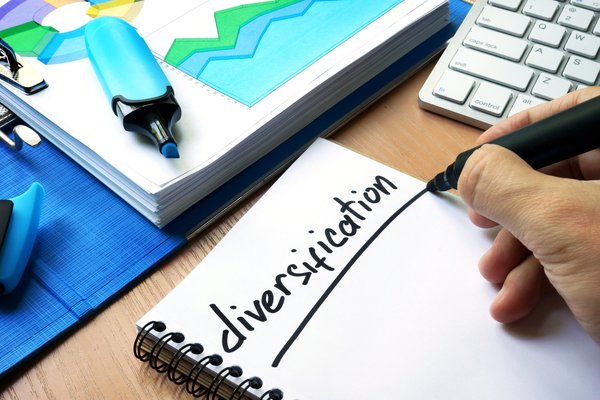There are many kinds of banks in the financial system, from retail banks to central banks. If you're an investor, it's important to understand the importance of central banks.
A central bank is a non-market-based bank with a legal monopoly in the country or countries where it operates. This allows it control over the production and distribution of money.
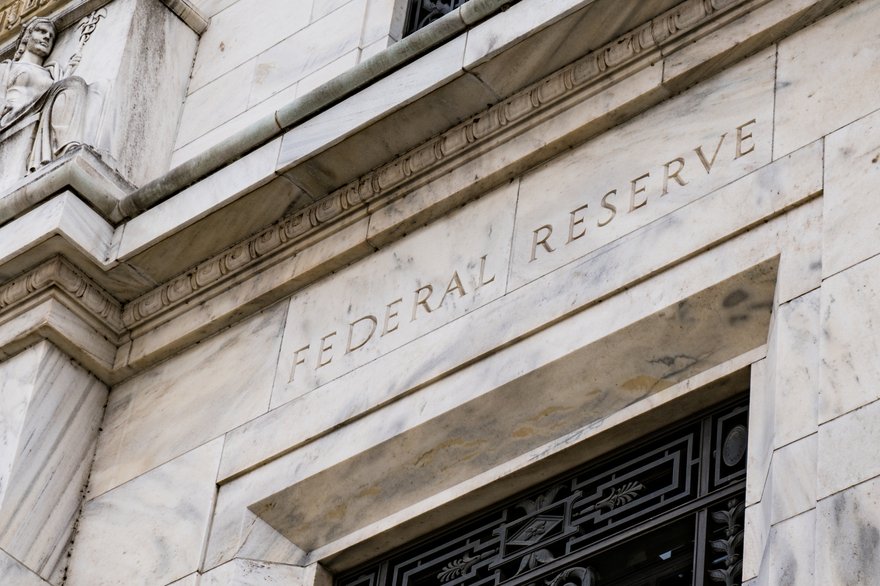
The earliest central banks appeared in England and Sweden in the 17th century. They did essentially all that is expected of a modern central bank, but most importantly, they acted as lenders of last resort. This helped European governments grow, wage war, and enrich special interests, much to the disdain of the United States' founding fathers.
What they do
What do central banks do?
Central banks have just a few jobs, but they're vital to the success of the country or countries that fall under their management. These jobs include:
Controlling and manipulating the money supply
Manipulating the money supply sounds awful, but in this case, it simply means they issue currency and set interest rates for certain types of loans. They control monetary policy, often raising rates to cool inflation or slow growth and lowering them to promote commercial and consumer spending.
Regulating member banks
Central banks are in charge of policies regarding other types of banks, especially those that hold deposits. Capital requirements, reserve requirements, and deposit guarantees are all set by a central bank. They can also provide services to those banks and the government. You can think of them as the bank for banks.
Acting as lender of last resort
Once in a while, you may come across the phrase "lender of last resort." It's pretty much exactly what you imagine: A central bank is the last lender for seriously distressed institutions and governments. It can do things like purchase government debt obligations, providing an alternative to taxing people when funds are tight.
The U.S. central bank
Does the U.S. have a central bank?
Although the U.S. founding fathers were initially opposed to the idea of a central bank, one was eventually created. The U.S. central bank is known as the Federal Reserve System (or the Fed), and it's governed by the Federal Reserve Board.
The Fed was established with the 1913 Federal Reserve Act to consolidate and stabilize the banking system, which was, at one time, primarily controlled by large banks in the country's more populous eastern portion (much to the chagrin of Americans in rural and western portions). By establishing the Fed, the U.S. finally had one currency, one institution over monetary policy, and one decentralized bank monitoring everything.
Why do they matter?
Why do central banks matter to investors?
If you've ever listened to the financial news, you've almost certainly heard chatter about raising or lowering rates. That's the Fed at work, sometimes causing incredible shock waves throughout the stock markets.
While the interest rates it directly influences are short-term lending rates for institution-to-institution lending, everything radiates outward from there. If it costs more for your bank to borrow from another bank when it's short on cash, it's going to cost you more to borrow from the bank, too.
Related investing topics
It's also believed that the federal funds rate -- the interest rate set by the Fed -- influences bond yields. Although there is no direct correlation and certainly not a direct cause-and-effect relationship, a change in the federal funds rate can cause other interest rates to fluctuate, including the yield from newly issued bonds.
Such shifts can affect the prices of existing bonds on the secondary bond market, causing them to move in the inverse direction of the federal funds rate. The bonds can become more valuable if the federal funds rate drops, as the existing bond will have a higher yield than newly issued bonds, or vice versa. Monetary policy is a delicate financial dance, which is why it's left to a central bank.
